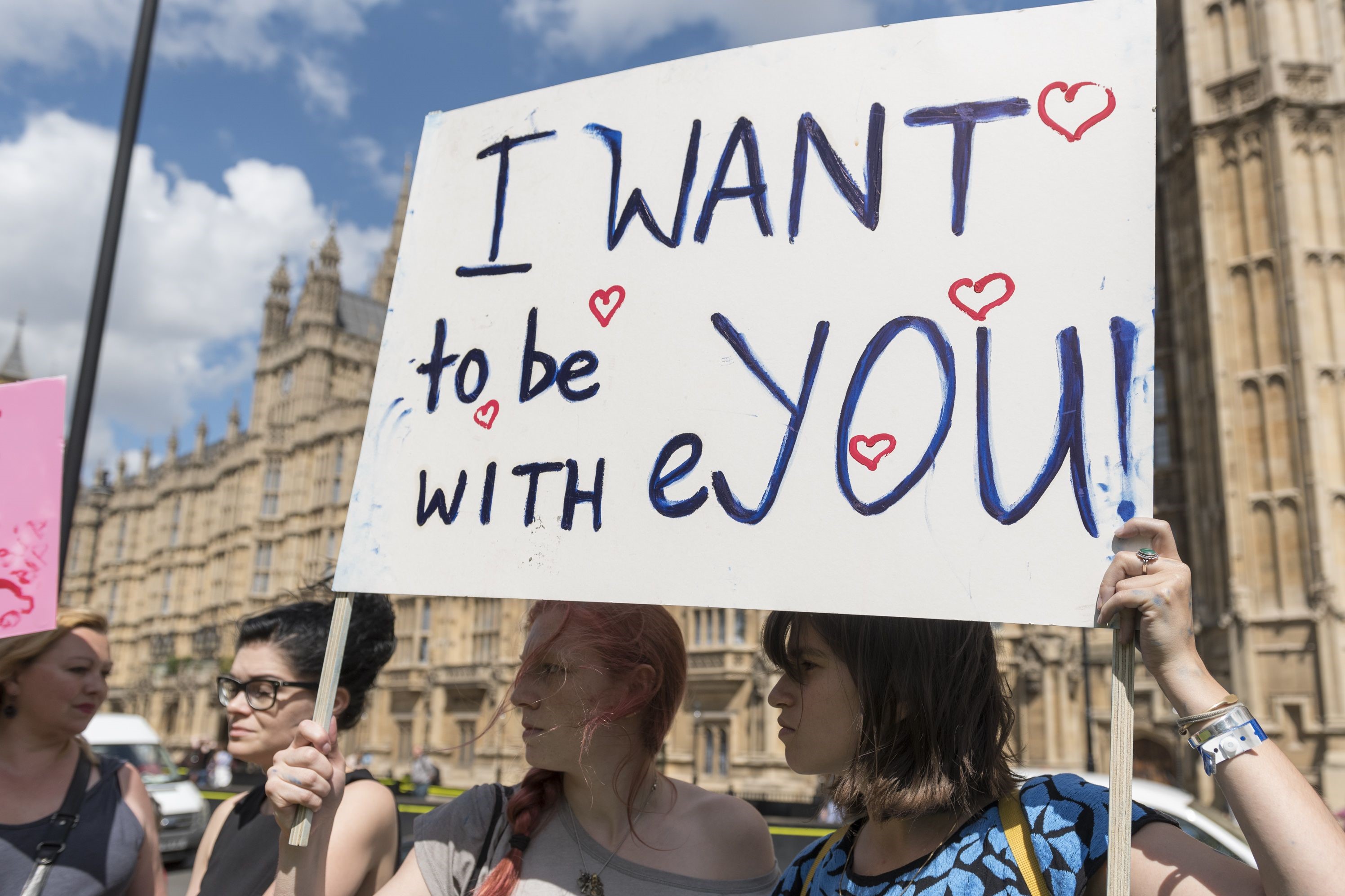KU funding and the future status of international staff and students remains uncertain in the wake of Brexit, the deputy vice chancellor of Kingston University has warned.
Speaking to The River, Martin McQuillan said that planning Kingston University’s future was going to be “difficult” and it was unclear about what policies would be implemented by the government.
“A third of our research income comes from the EU and all of that will be at risk,” he said. “Kingston University, along with many institutions, will suffer quite badly from this.”
McQuillan told The River that the research cuts would come in the form of the UK losing access to European funding. He warned that Erasmus Plus, the student exchange programme, may also be affected.
He said that the government’s plan for the future of immigration post-Brexit was a cause for worry.
“We are concerned about the status of our international staff and students,” said McQuillan. “We care for them and have great respect for them and they help the university in all sorts of ways. We don’t know what the status of them might be in the future.
“However, it would be in breach of the 1968 Geneva Agreements for the government not to recognise the residency rights and rights to remain of international staff. Some people in the government have acknowledged this.”
McQuillan claimed that it may become a challenge to support and retain international staff and students, adding that the ability to recruit international talent would become increasingly difficult in the future.
However, McQuillan said that Kingston University would “support those students and make sure they have good education and experience at Kingston University.”
McQuillan said other institutions like the London School of Economics, which has 50 per cent international students, are more exposed than Kingston University which only has around 20 per cent international students.
“I think that Kingston University is less exposed than other institutions, and I think at this point we have to be concerned about the university sector as a whole and what it means for higher education in the UK,” he said.
“KU is currently in a position of uncertainty and it is not a good place to be for a university, or other kind of business or educational establishment, if you want to plan for the future. We can’t yet plan what Kingston University is going to look like, where the students are going to come from, or what the staff is going to look like. It makes planning very difficult for us.”
However, even with the uncertainty of Brexit, he added: “there hasn’t been anything concrete done about Brexit although there has been a lot of noise about it.
“Right now, we are in a position of no firm guidelines, and negotiations between the government and the EU will go on for many years.”
Home secretary Amber Rudd said at the Conservative Party conference that a one-size-fits-all approach for allowing all universities to recruit international students would be reviewed and it was being proposed that only highly ranked universities would be allowed to recruit large numbers of international students.
McQuillan called the plan “absolutely outrageous,” saying that the “education sector is very concerned, and Kingston University will play its role within the sector in attempting to facilitate a way out of the difficult circumstance suggested”.
The government has guaranteed there will be no immediate impact on EU students and their funding, at least for the moment.
Funding will be guaranteed for new applicants from the EU who start their degree in the next two years, but after that, it is not confirmed.

